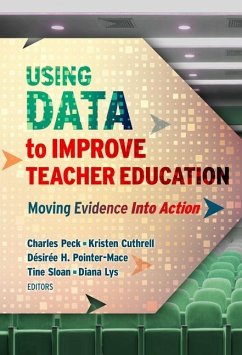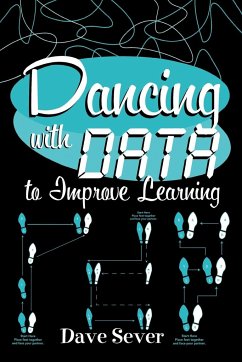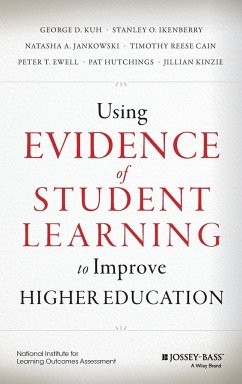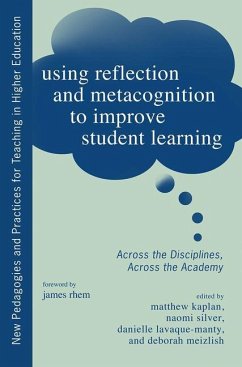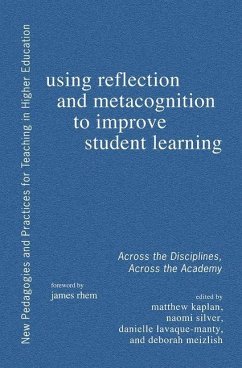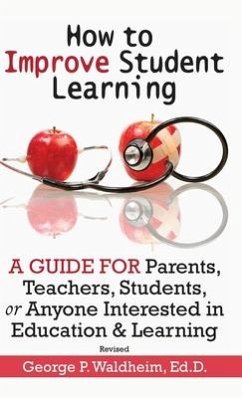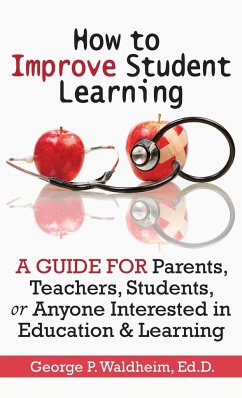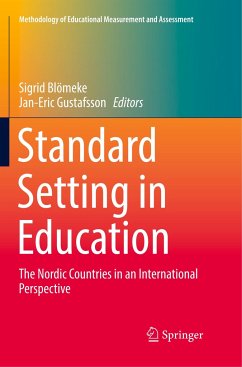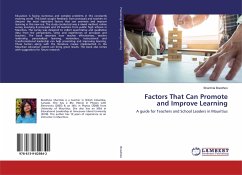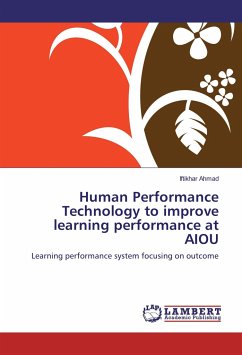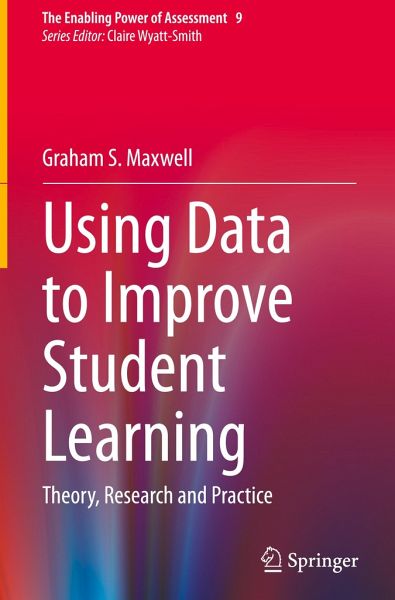
Using Data to Improve Student Learning
Theory, Research and Practice

PAYBACK Punkte
53 °P sammeln!
This book offers a coherent research-based overview and analysis of theories and practices in using data to improve student learning. It clarifies what 'use of data' means and differentiates the different levels of decision-making in education (relating to the system, district, school, classroom, or individual student). The relationship between data and decision-making is considered and various movements in the use of data to improve student learning are analysed, especially from the perspective of their assumptions and effects. This leads to a focus on effective educational decision-making as...
This book offers a coherent research-based overview and analysis of theories and practices in using data to improve student learning. It clarifies what 'use of data' means and differentiates the different levels of decision-making in education (relating to the system, district, school, classroom, or individual student). The relationship between data and decision-making is considered and various movements in the use of data to improve student learning are analysed, especially from the perspective of their assumptions and effects. This leads to a focus on effective educational decision-making as a social process requiring collaboration among all relevant participants. It also requires a clear understanding of educational aims, and these are seen to transcend what can be assessed by standardised tests. The consequences of this analysis for decision processes are explored and conclusions are drawn about what principles might best guide educational practice as well as what ambiguitiesremain. Throughout, the focus is on what existing research says about each of the issues explored.





